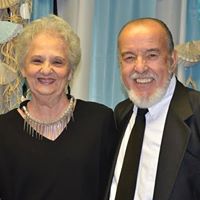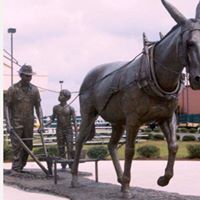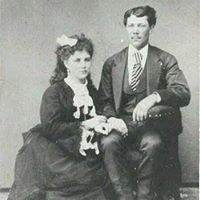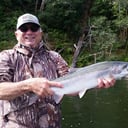What Five Star General was fired in Korea?
Truman summoned Secretary of Defense George Marshall, Chairman of the Joint Chiefs Omar Bradley, Secretary of State Dean Acheson and Averell Harriman to discuss what to do about MacArthur. They concurred MacArthur should be relieved of his command, but made no recommendation to do so. Although they felt that it was correct "from a purely military point of view," they were aware that there were important political considerations as well. Truman and Acheson agreed that MacArthur was insubordinate, but the Joint Chiefs avoided any suggestion of this. Insubordination was a military offense, and MacArthur could have requested a public court martial similar to that of Billy Mitchell. The outcome of such a trial was uncertain, and it might well have found him not guilty and ordered his reinstatement. The Joint Chiefs agreed that there was "little evidence that General MacArthur had ever failed to carry out a direct order of the Joint Chiefs, or acted in opposition to an order." "In point of fact," Bradley insisted, "MacArthur had stretched but not legally violated any JCS directives. He had violated the President's 6 December directive [not to make public statements on policy matters], relayed to him by the JCS, but this did not constitute violation of a JCS order." Truman ordered MacArthur's relief by Ridgway, and the order went out on 10 April with Bradley's signature.
More Info:
en.wikipedia.org









